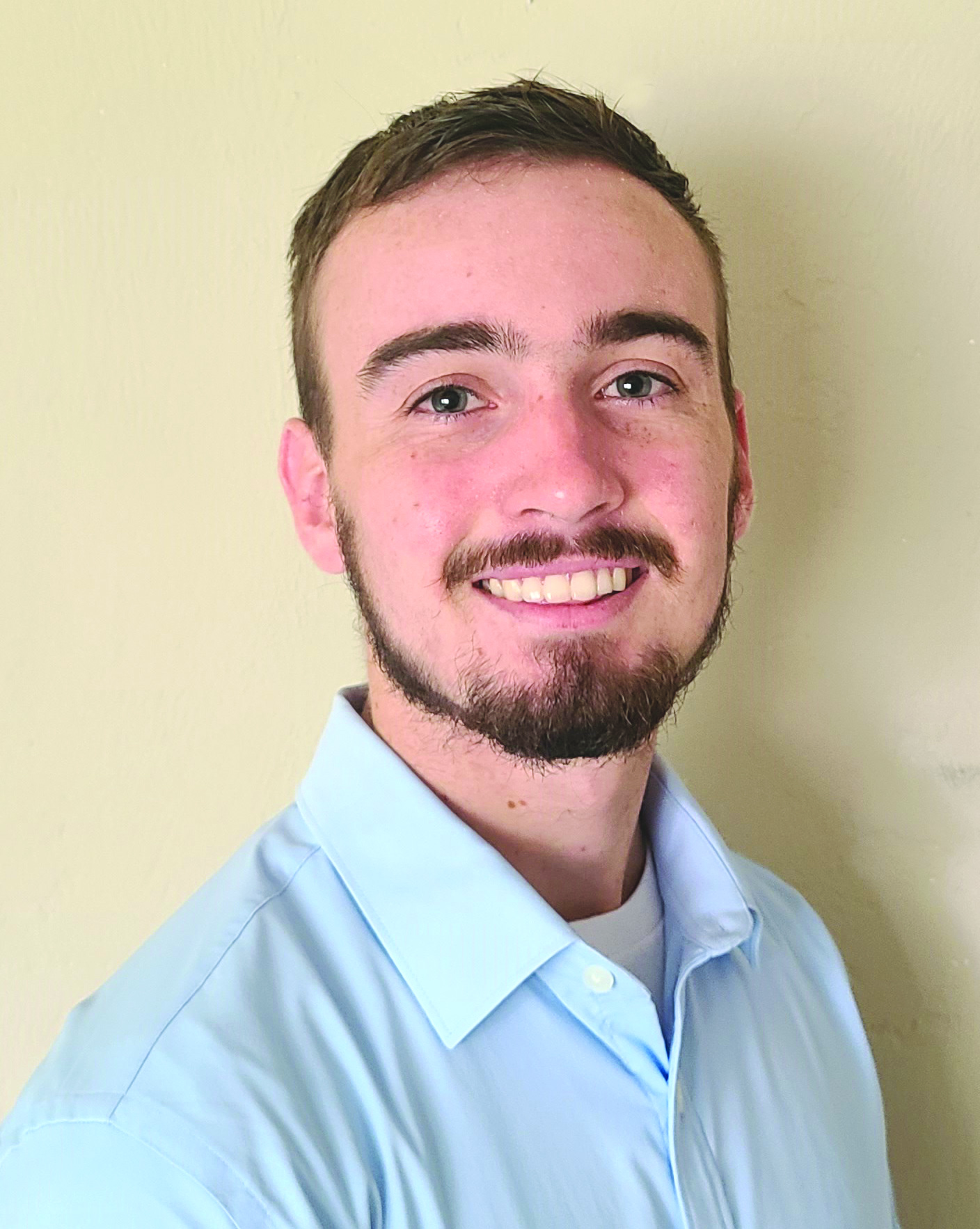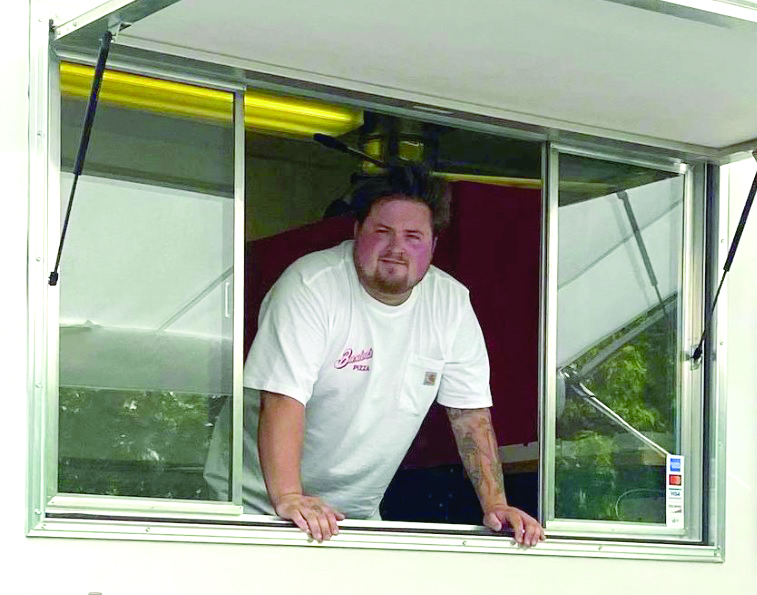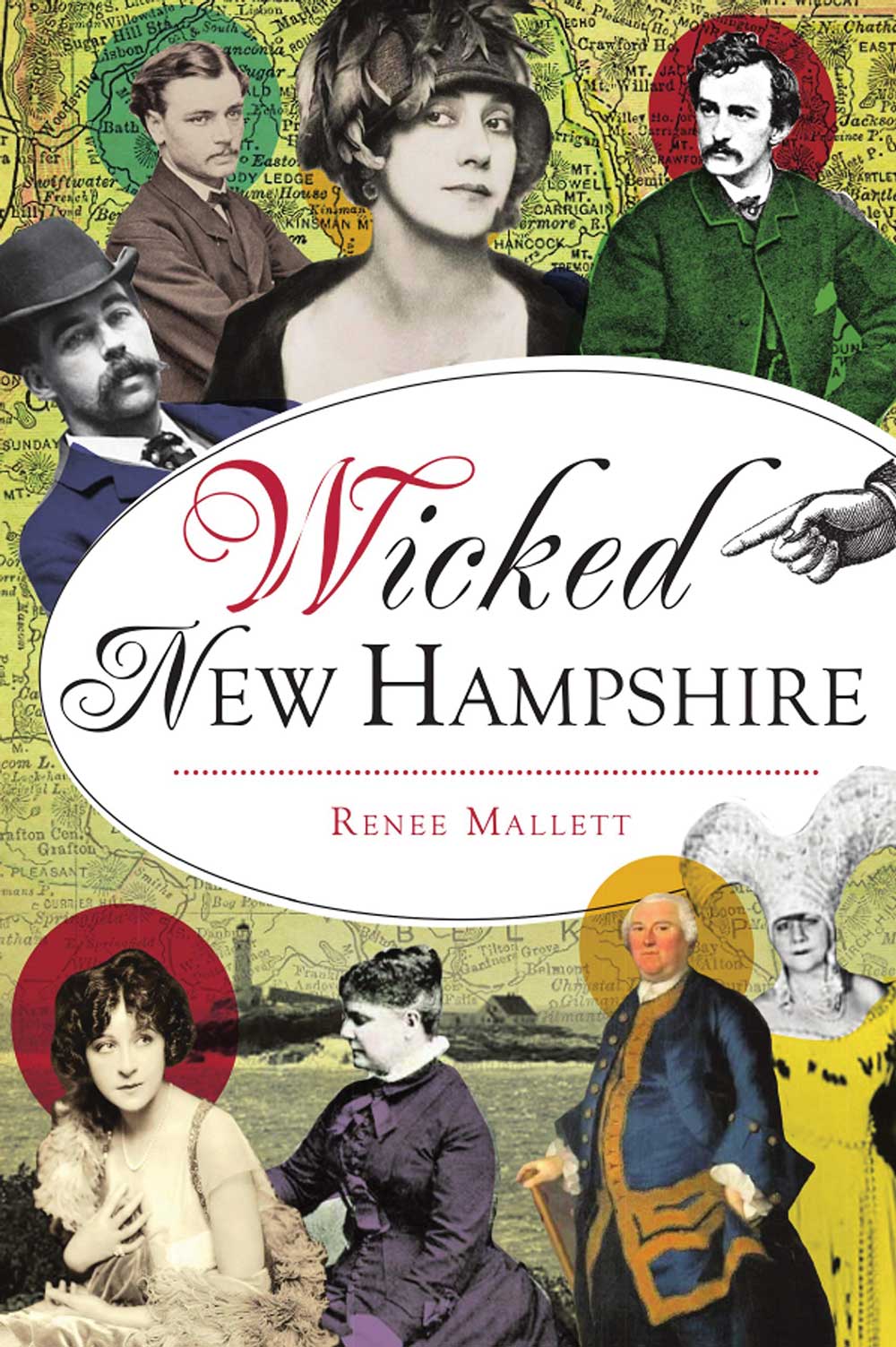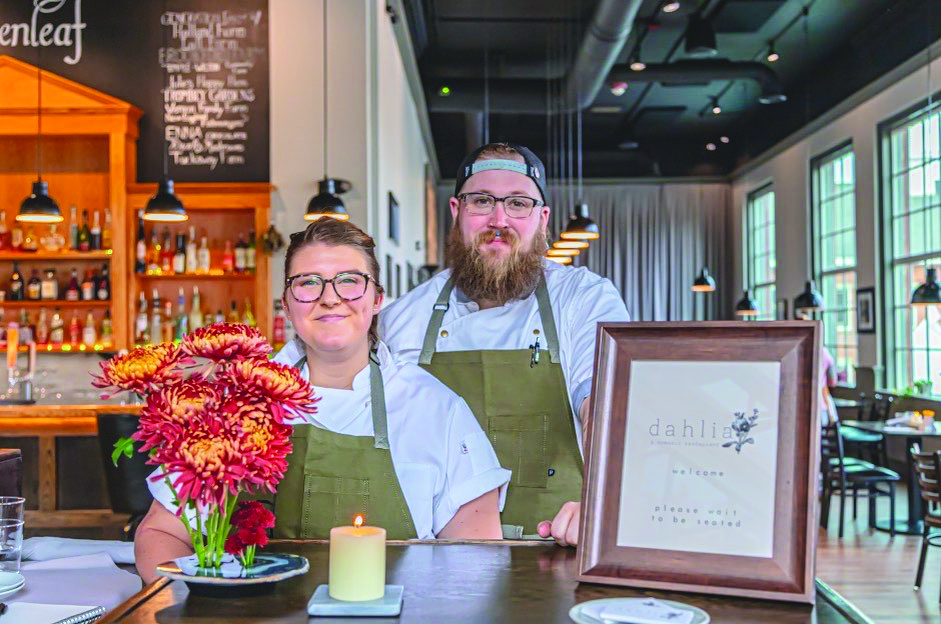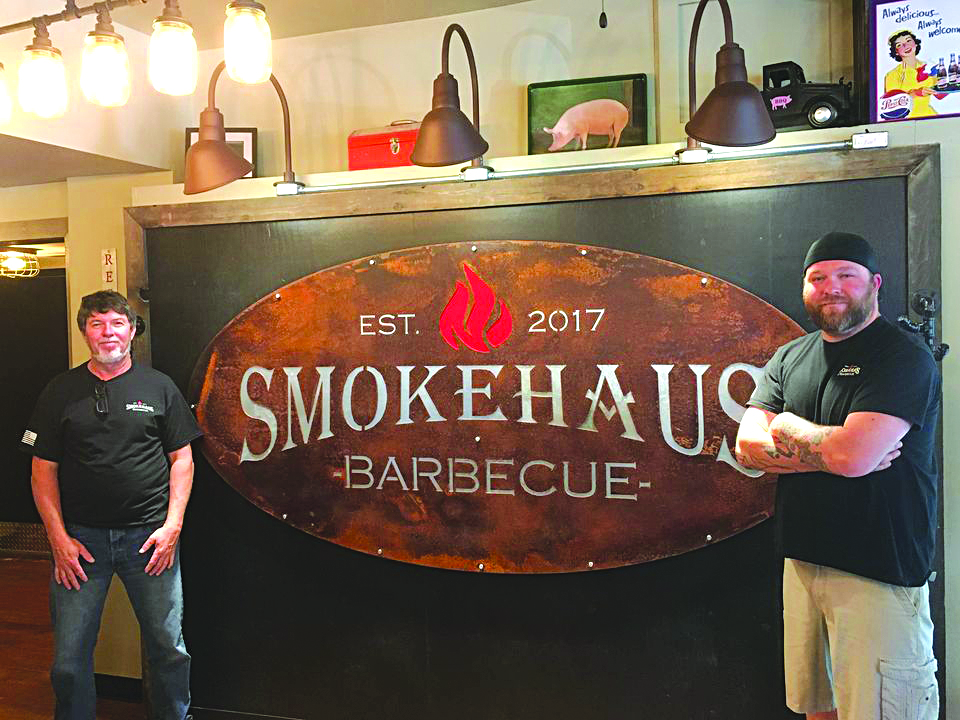Local grad working on EagleCam project
Bedford High School grad William Edwards, now an undergrad at Embry-Riddle Aeronautical University in Daytona Beach, Florida, is one of 20 students working on “EagleCam,” the first-ever student project to be sent to the moon. Edwards talked about the mission of the project, his role on the project’s software team and what he is learning from this unique opportunity.
Why did you decide to go to Embry-Riddle and pursue a career in aeronautics?
I just like planes, honestly — aviation, aerospace, pretty much any fields having to do with flying or space. It’s something I was always interested in, even as a kid, and I just never lost interest. … A close family friend who knew I was really into aviation recommended the school to me because he knew it was a very good aviation-based school.
What is the EagleCam project?
It’s a module that’s going to be a payload on a Nova-C launcher from the company Intuitive Machines. The goal of the project is to take a third-person photo of the lunar lander actually landing on the surface of the moon. As the lander is coming down on the surface, it’s going to jettison our payload, and our EagleCam is going to take pictures of the lunar lander and send the pictures back to the lander via WiFi, and then the lander is going to send the data back to Earth. That’s the minimum requirements of this project. We’d also like EagleCam to continue to take pictures after it has landed to collect some information on dust plumes as the lunar lander actually makes its descent, and hopefully take some pictures of Earth as well.
How did you end up working on the EagleCam?
I actually had a friend of mine recommend me for it. She was already working on it, and I found out about it and said, ‘That sounds really cool,’ and she said, ‘Well, we need some extra help. Do you want to hop on?’ and I said, ‘Absolutely.’ … One of the reasons I came to Embry-Riddle is that I’ve always wanted to work on something important like this, like anything to do with research, and especially anything to do with space, so once I heard that this was a project based on the moon, I was like, ‘Absolutely, I need to do this.’
What is your role?
We have a couple teams. There’s the electrical engineering team, and they’re the ones who actually choose the computer that goes on board and the cameras that go on board, and they’re going to figure out the connections between our EagleCam and the Nova-C launcher. I’m on the software team, so I’m going to be the one who’s controlling the function of the cameras, when the payload is going to be jettisoned and the way the pictures are going to be taken. Also, the pictures are going to be taken with 186-degree cameras, so afterward we have to do some software post-processing to make the pictures look like normal-field-of-view pictures instead of wide-field-of-view pictures.
What are you working on right now, specifically?
Right now I’m just having to learn the [software] framework, and I’m making an application that controls the camera lens cleaners, so that if any dust particles get on the camera lens we can clean them off.
What’s the most exciting part of this experience for you?
I think it’s just the excitement of being able to do all of this and work on it for so long, and knowing that we’re going to get an end result that I could even make a screensaver on my phone. It’s also a great experience for me as a software engineer to actually be using NASA-based software frameworks to control our EagleCam and the jettison and any internal functions that we have on.
What has been the biggest challenge?
Learning the NASA software framework. It’s called cFS, and it’s a lot of C code, which I’m not too familiar with, so spending the first two or three weeks learning that has been pretty difficult.
Do you think the EagleCam project is helping to prepare you for what you want to do in the future?
Yes, most definitely. As a software engineer, being able to work on a team with electrical engineers and aerospace engineers is definitely an important skill. Since I want to be working in the aerospace industry, having the skills to communicate with them and understand what they’re doing and understand how my code influences their decisions and vice versa is definitely very important to me.
EagleCam
The Nova-C launcher carrying the EagleCam will launch in October 2021. To follow the progress of the project, see @ERAUEagleCam on Instagram and visit daytonabeach.erau.edu/eaglecam.
Featured photo: William Edwards. Courtesy photo.

